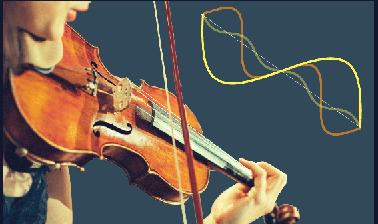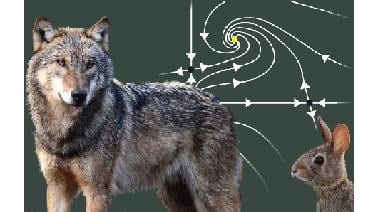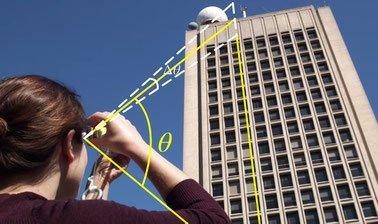Differential Equations: Fourier Series and Partial Differential Equations (edX)
Categories
Effort
Languages
Learn to use Fourier series to solve differential equations with periodic input signals and to solve boundary value problems involving the heat equation and wave equation. Differential equations are the mathematical language we use to describe the world around us. Many phenomena are not modeled by differential equations, but [...]
Mar 22nd 2023







